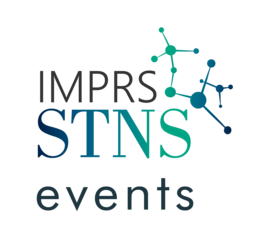Reconfigurable spintronic devices: Spin tunnel diode and transistor
Tutorial
- Datum: 19.06.2019
- Uhrzeit: 16:00 - 18:00
- Vortragende(r): Dr. Ersoy Sasioglu
- MLU Halle-Wittenberg
- Ort: Max-Planck-Institut für Mikrostrukturphysik, Weinberg 2, 06120 Halle (Saale)
- Raum: Lecture Hall, B.1.11
- Gastgeber: IMPRS-STNS

Quantum tunnel diodes and transistors have been proposed as an alternative to semiconductor devices for high-speed electronics. As the quantum tunneling is a very fast process, devices based on this mechanism can operate at THz regime, which is not accessible in conventional semiconductor electronics. Despite THz operating frequencies, conventional quantum tunnel devices come with fundamental issues such as base-collector leakage currents in transistors, which might lead to high power dissipation. It is also very hard to achieve high on/off current ratios in tunnel diodes.
Recently we propose a new device concept, which overcomes the limitations of conventional quantum tunnel devices and provides additional unique functionalities such as combination of reconfigurability and nonvolatility on the diode and transistor level. The new device concept is based on spin-gapless semiconductors and half-metallic magnets. The proposed spin tunnel diode allows electrical current to pass either in one or the other direction depending on the relative orientation of the magnetization of the electrodes.
The three-terminal spin tunnel transistor is comprised of back-to-back spin tunnel diodes and can be switched on and off by application of a voltage to the base electrode and conducts current in both directions similar to conventional MOSFET transistors. In the first part of the talk I will briefly overview the field-effect semiconductor transistors and beyond CMOS devices. In the second part I will introduce the conventional quantum tunnel diodes and transistors and present our new device concept.